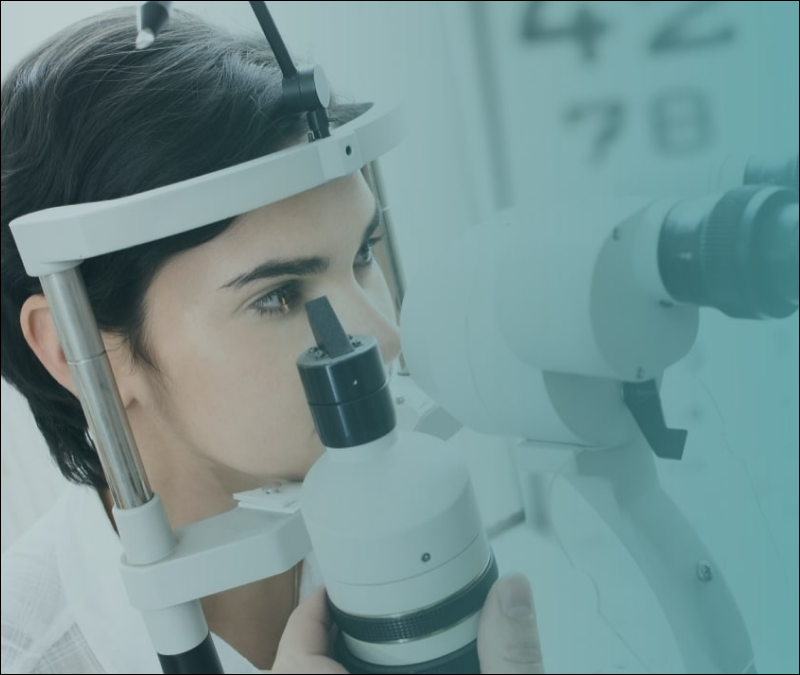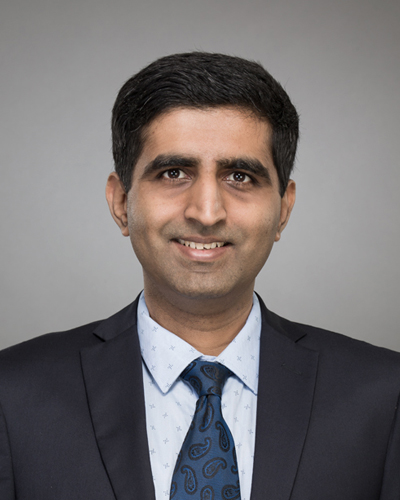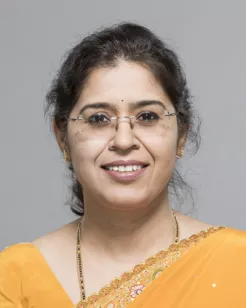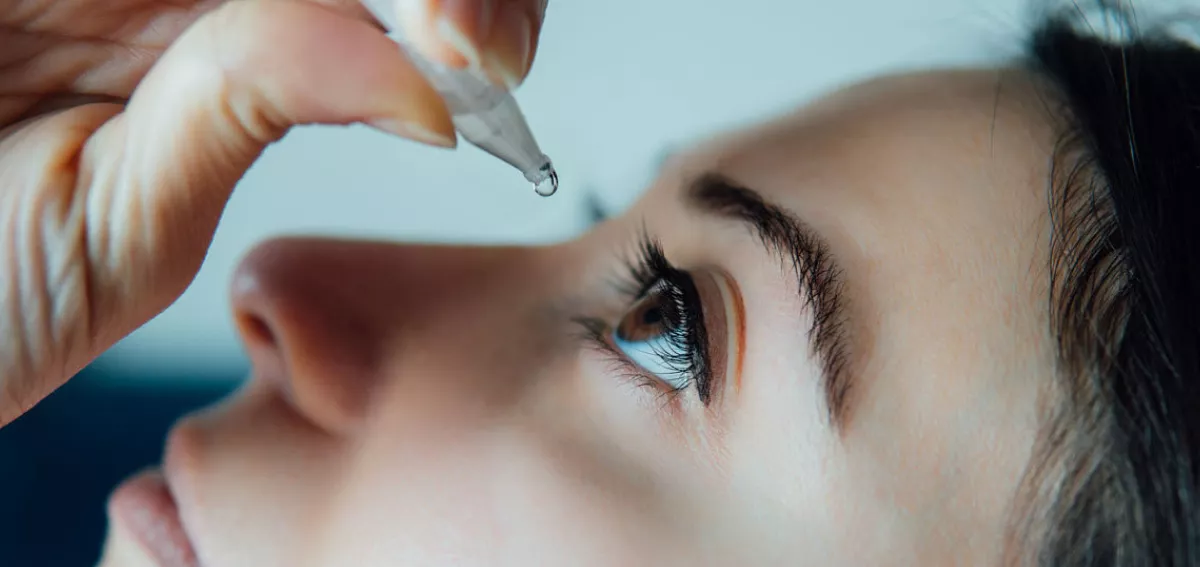The department of Ophthalmology at Aster CMI Hospital provides treatment for a wide range of eye disorders to patients of all ages.The facility is fully equipped with state-of-the-art diagnostic and therapeutic equipment for the treatment of retinal diseases, glaucoma, cataracts, corneal diseases, pediatric ophthalmic diseases and disorders. These include Optical coherence tomography, Visual field analyzer, Corneal pachymetry, YAG laser, Zeiss Visucam 500 for retinal angiography, Auto fluorescence and Zeiss Visuals 5325 for laser treatment.
Our Doctors
We have some of the best specialists from around the world, they bring years of experience and offer evidence-based treatment to ensure the best care for you.
Blogs
The source of trustworthy health and medical information. Through this section, we provide research-based health information, and all that is happening in Aster Hospital.







